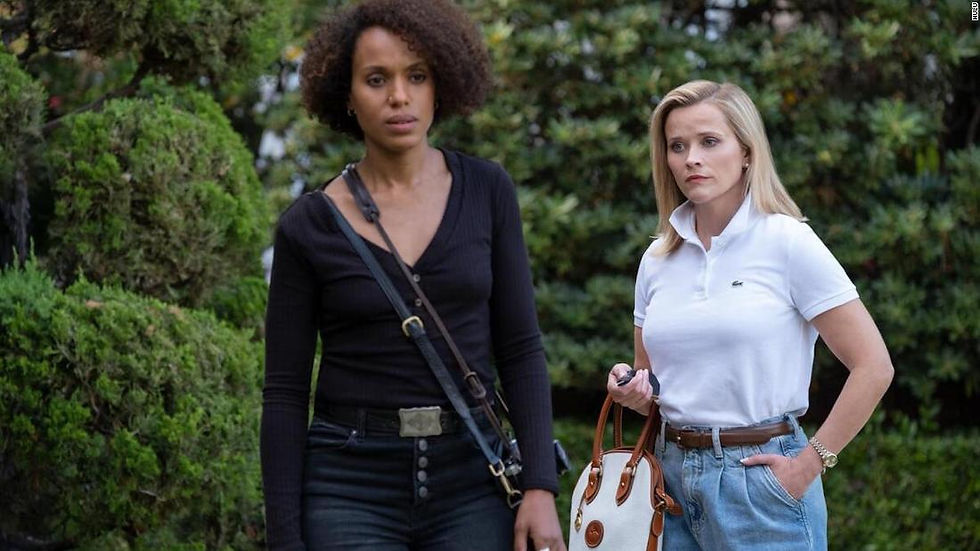Little Aggressions Everywhere
- Alyssa Michaela

- Apr 22, 2020
- 2 min read
Updated: Apr 29, 2020

After binge-watching the first three episodes of Little Fires Everywhere, I can say that I truly enjoy the writing and how multi-layered and complex the characters are.
For example, the main character Elena Richardson is a wealthy homemaker—with a part-time job as a reporter—who has a cheerful spirit yet her implicit bias gives her a white savior complex. As much as you want to like her, her use of racial microaggressions and judgmental comments make it difficult to. Making matters worse, her attitude has been passed down to her eldest daughter, Lexie, who perpetuates the cycle.
In episode 3, Pearl, who is black, has dinner at the Richardson’s house and Moody, Elena’s younger son, boasts about how smart she is. Lexie casually uses affirmative action to justify why Pearl will get into a good college.
"Well with all of this affirmative action stuff, you’ll be a shew in practically everywhere."
Due to its subtlety, it's easy to watch this scene and miss the weight of what was said. But I’ll explain why it’s not okay. One cannot and should not assume that affirmative action is the reason a black person, or any other protected class, would get accepted into a university. It’s belittling—regardless of the intent. As a mother, it was Elena’s responsibility to correct her daughter instead of cosigning.
In another scene, Lexie takes Pearl shopping for a homecoming dress. Seeing how beautiful Pearl looks in her dress, Lexie comments,
"You look so mixed to me… I once told Brian that I was sure that someone in his family was white because of his mom’s hair… and then he got super offended but it turns out that his grandma is actually half Italian so he had to apologize because I was totally right. So I’m telling you, you’re mixed with something.”
For one, you don’t have to be "mixed" or have "good hair" to be beautiful. Black skin ranges in shade, black hair ranges in texture and it's all beautiful! As I watched that scene, I remembered experiences I had in high school, where my white friends would “compliment” me by saying things like, “You’re not like all of the other black girls,” or “You dress nice and talk properly.”
These are not compliments, they are microaggressions, plain and simple.
Like actual little fires, microaggressions can spread rapidly and create an enormous problem that engulfs everyone. In order to create unity amongst people of different ethnicities, religions, classes etc. we must confront bias by educating ourselves and others. It may sound grim, but the complexity of the characters, microaggressions and all, mirrors reality. So, will I continue watching this series? Absolutely, and I can't wait to see how the characters develop and evolve throughout the season!
Alyssa is a contributor at reelcultured.com and enjoys creating content that encourages and inspires! You can read more of her writing at alyssamichaela.com and follow her on IG @_alyssamichaela.




Comments